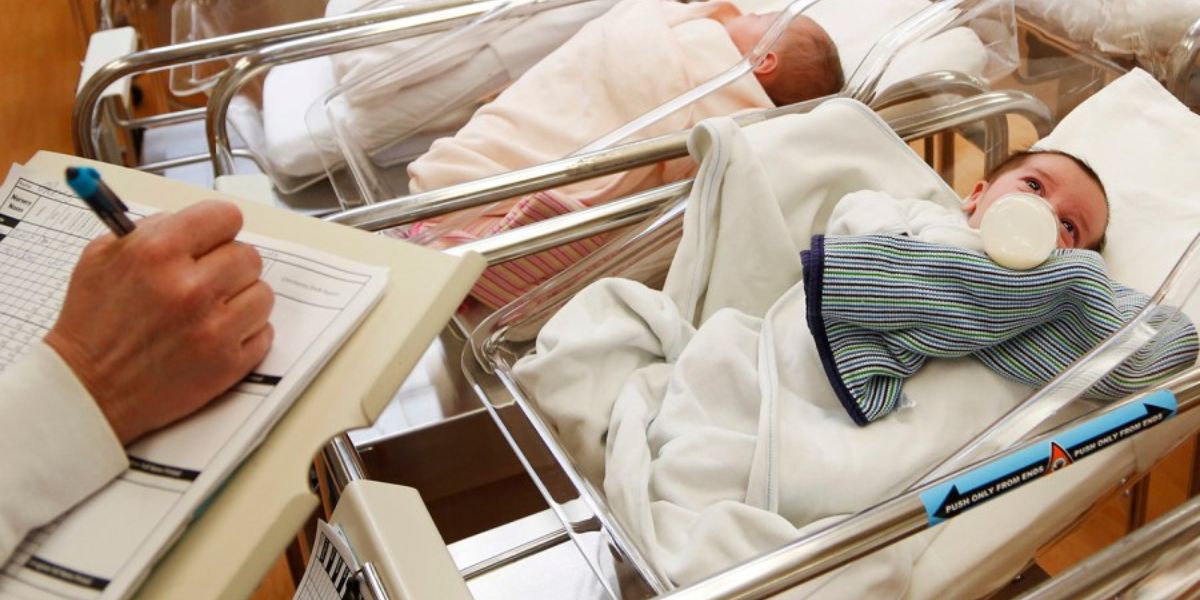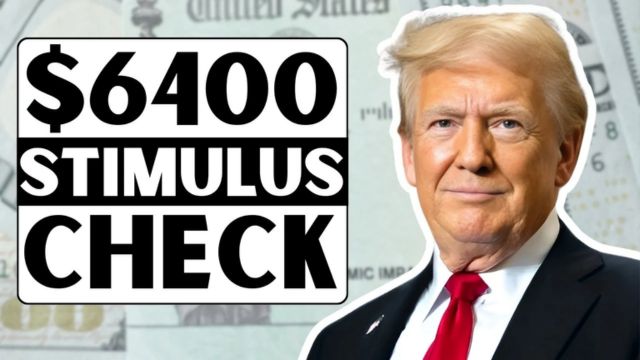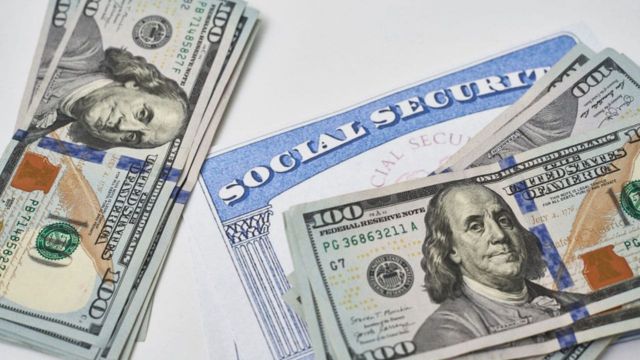Birth rates keep dropping; the United States is facing one of the lowest rates in its history, and the Trump Administration has already tried to move its pieces to change things. The proposal is not innovative at all, a “baby bonus” of $5,000 for each mother who gives birth to a child in the country.
The idea has already reached the White House advisors, and, although it is not yet official, Trump has made it clear that he supports it. The goal is simple: to encourage young people to form families at a time when births keep falling, something that worries both demographic experts and figures like Elon Musk, who believes that “Western” civilization is in danger with such low birth rates. Although he almost never proposes ways to encourage more births that do not violate women’s rights to decide over their own bodies…
How would this ‘baby bonus’ work?
The plan would be to grant a one-time payment of $5,000 to mothers after the birth of their baby. No waits, no complicated tax procedures: direct money to slightly ease the economic blow of having a child in the United States.
Is five thousand dollars enough?
Here is where doubts begin. Many experts say that although the idea sounds good, five thousand dollars may fall very short… How much does it really cost to raise a child in the United States? Spoiler alert: a lot.
$30,000 Dollar Investment, Oklahoma Launches Drone Detection Systems to Monitor Skies
During Biden’s presidency, the child tax credit was temporarily raised to $3,600 for children under six and $3,000 for those under seventeen. The result? Child poverty was cut in half… but only while the program lasted. As soon as it expired, the numbers went back up.
That is why there are voices that argue that, more than a one-time payment, constant aid or much stronger tax credits would be needed if the trend is really to be changed.
Why does birthrate suddenly matter so much in politics?
Within Trump’s circle, the drop in birthrate is already seen as a serious problem. The challenge for any government is to encourage people to have children without trampling on fundamental rights like access to abortion or reproductive freedom. In theory, the baby bonus seeks to be a positive motivation, far from any restrictive measure that could cause controversy.
What does the White House say?
Karoline Leavitt, White House spokeswoman, assured that Trump wants “a country where all children can grow up safe and achieve the American Dream.” Also, as a mother, she said she feels especially proud to work for a president who takes action, thinking about the next generation (although this, from our point of view, remains to be seen).
Is the baby bonus already approved?
Not yet. The plan has been presented to the advisors, but Trump has not made a final decision. If approved, it would be included in a broader package of family support, something that would carry a lot of weight in his election campaign.
Vice President JD Vance has also shown support for similar measures, defending that the government should help young people afford to have children.
A first step… or an insufficient gesture?
Trump’s proposal puts on the table a problem that has been growing silently for years: low birthrate and everything it could bring in the future.
The baby bonus is, without a doubt, an important move. But perhaps the root of the problem should be looked at: is it enough to pay for giving birth, or would it be better to restructure society so there are no precarious jobs or job insecurity, access to basic rights, and rents and housing at decent prices?
Perhaps today’s women are not that we do not want to have children; it is that first we have to survive in this economic wheel before feeding another mouth.







